Is it possible to get heart cancer?
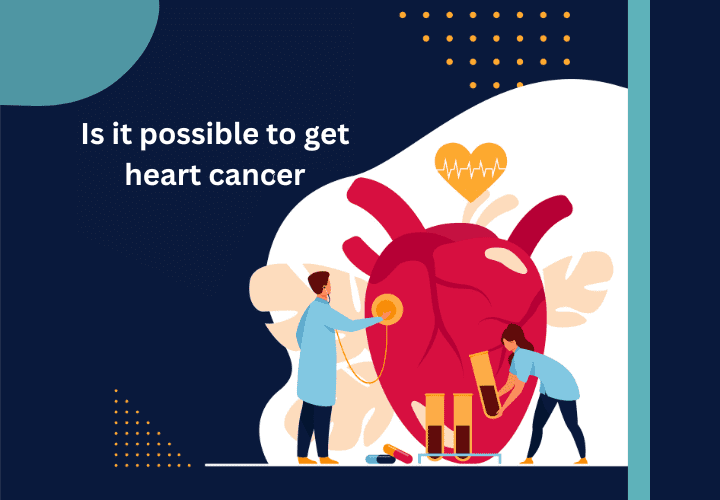
Is it possible to get heart cancer?
- onco
- May 22, 2023
Yes, it is possible to get heart cancer. This is a rare form of cancer that affects the heart and is also known as primary cardiac tumors. Generally, cancer that grows near the heart, like in the lungs or breast, can develop in the lining around the heart or spread there through the blood. The cancers that normally affect the heart are lung cancer, breast cancer, kidney cancer, lymphoma, esophageal cancer, melanoma, leukaemia, etc. The prevalence of heart cancer is lower than that of other cancers, making it a highly uncommon form of cancer. Heart cancer has a potential impact on the overall health and well-being of the patient, so it is essential to understand the risk factors, symptoms, and potential treatment options associated with the disease. If you or your loved one suffers from heart cancer, you can visit the best cancer hospital in Delhi, i.e., Oncoplus Hospital. In this blog, you will learn about heart cancer.
What is heart cancer?
Heart cancer starts when the cancerous cell grows out of control near the patient’s heart. These cancerous cells form a tumor in the heart, and it is an extremely rare form of cancer. Heart cancer commonly begins when cancer cells spread to the heart from a nearby affected organ.
Risk factors of heart cancer
The risk factors that can increase a person’s likelihood of developing heart cancer are poor nutrition, lack of exercise, high blood pressure, diabetes, obesity, smoking and secondhand smoke exposure, an unhealthy diet, and physical inactivity.
Symptoms of Heart Cancer:
Heart cancer has a lot of symptoms, and they also depend on the tumor’s size, location, and growth rate. The following are some of the symptoms that the patients experience:
- Chest pain or chest tightness: This is a common symptom of heart cancer and can occur due to the tumor pressing against the heart.
- Shortness of breath: This can occur due to the tumor blocking the blood flow or pressing against the lungs.
- Fatigue: This can occur due to the tumor interfering with the heart’s ability to pump blood efficiently.
- Swelling: Swelling in the arms, legs, or abdomen can occur due to fluid buildup caused by the tumor.
- Palpitations: Irregular heartbeats or palpitations can occur due to the tumor interfering with the heart’s working system.
Diagnosis of Heart Cancer:
If the patient experiences any of the symptoms mentioned above, then it is essential to visit a doctor immediately. After this, the doctor will carry out a physical examination and ask about your medical history. Some of the tests that doctors recommend to diagnose heart cancer are as follows:
- Echocardiogram: This test uses sound waves to create images of the heart. It can help identify the presence of a tumor and its location.
- Cardiac Magnetic Resonance Imaging (MRI): MRI uses a magnetic field and radio waves to create detailed images of your heart. It helps to identify the size and location of the tumor.
- CT scan: A CT scan uses computer technology to generate detailed images of your heart, blood vessels, and lungs. It can help identify the presence of a tumor and its location.
- Biopsy: In a biopsy test, doctors take a small sample of tissue from the tumor for further examination. It is the most effective way to diagnose heart cancer.
Treatment of Heart Cancer:
The treatment options for heart cancer depend on the type, size, and location of the tumor, as well as your overall health. The main treatment options include radiation therapy, chemotherapy, or a combination of both. These treatments help to shrink the tumor or kill the remaining cancer cells. The treatment of heart cancer also depends upon its size, location, stage at which it is diagnosed, and other factors such as age and overall health.
In conclusion, heart cancer is an extremely rare form of cancer, and the symptoms of heart cancer depend upon the size and location of the tumor. Heart cancer treatment options include surgery, radiation therapy, chemotherapy, or a combination of both chemotherapy and radiation therapy. Visit the Oncoplus hospital if you want to consult the best cardiologist in Delhi for treatment.
Recent Posts
-
Can Testicular Cancer affect fertility?
April 23, 2025
-
Why are Breast Cancer Cases Increasing Around the World?
April 17, 2025
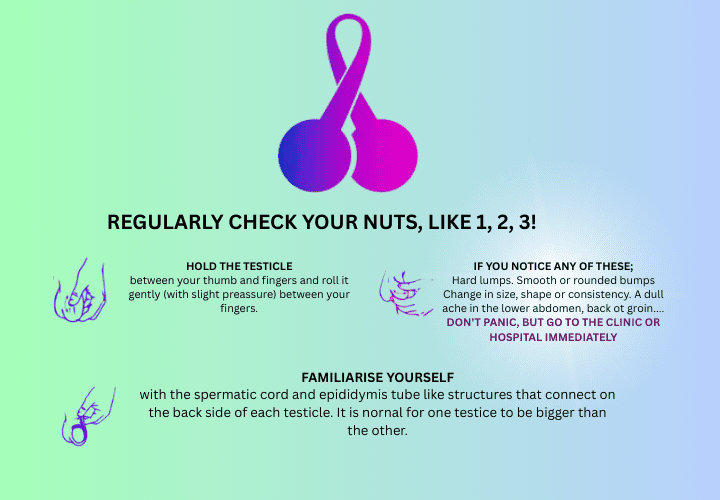
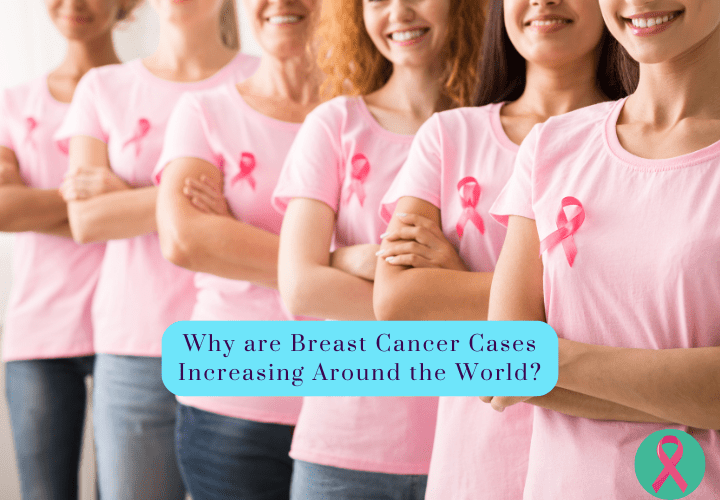
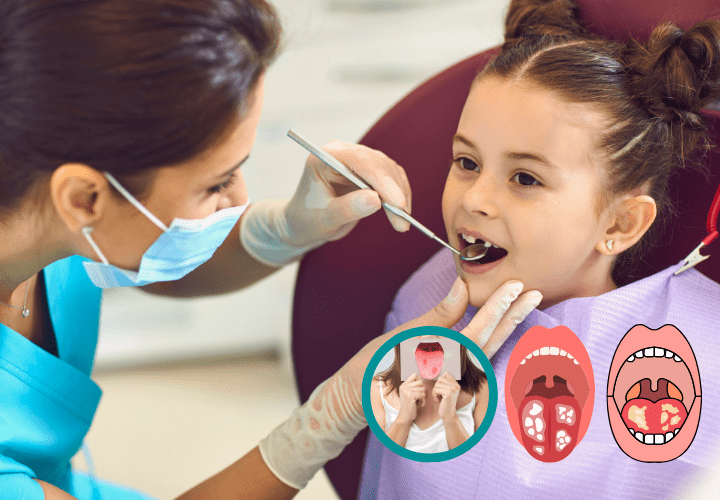
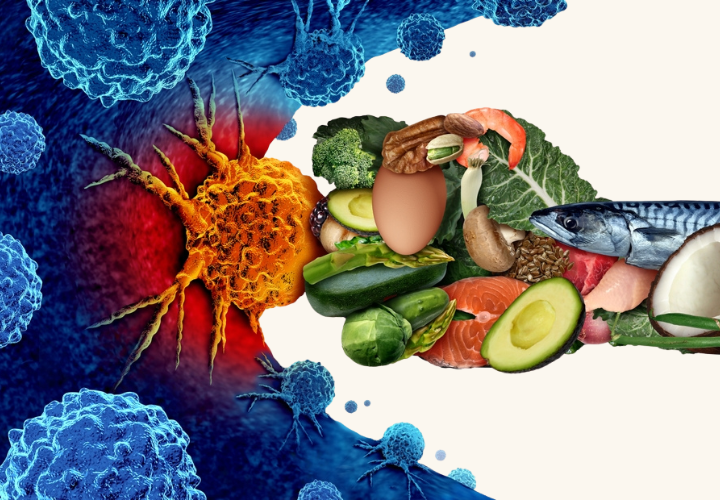
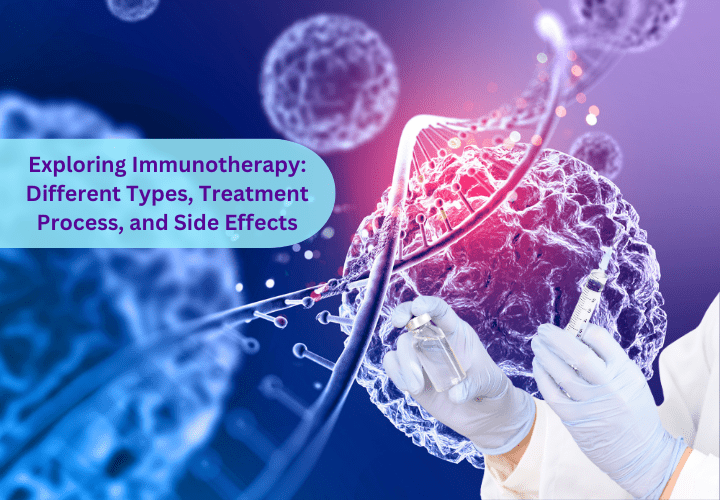
Leave a Reply